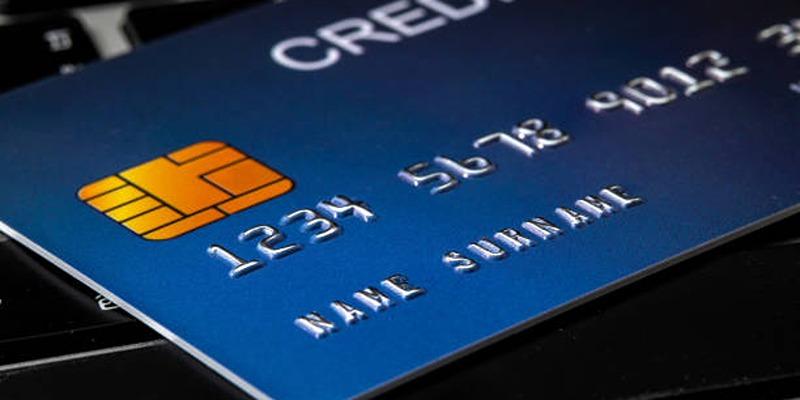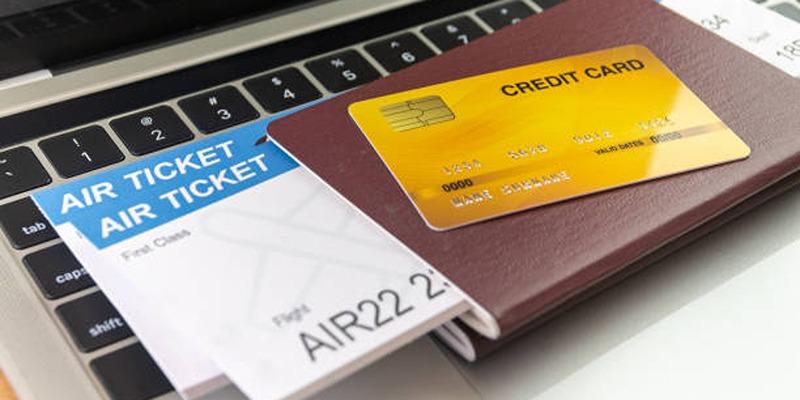Prepaid Debit Cards vs Secured Credit Cards: What’s the Difference?
The best two subtypes of financial cards are prepaid debit cards for managing funds and secured credit cards for building credit. At first, both these categories may look like they are similar, but they are different in their functionality, as well as the characteristics of their users. It will be easier to choose the more appropriate financial institutional model that you want to work with if you know the distinction. This guide will use this framework to make it easier for anyone seeking to apply these two tools for managing spending, avoiding debt or repairing credit.
Understanding Prepaid Debit Cards
 A prepaid debit card is a payment card. It is indeed a prepaid card, you deposit money on it before you make use of it, and you can only use the deposited money. However, these cards are quite different from other debit cards in that they are not associated with checking or savings accounts.
A prepaid debit card is a payment card. It is indeed a prepaid card, you deposit money on it before you make use of it, and you can only use the deposited money. However, these cards are quite different from other debit cards in that they are not associated with checking or savings accounts.
Benefits of Prepaid Debit Cards
Prepaid debit cards offer a wide range of benefits:
- Easy to Use: Prepaid cards are straightforward. Simply load funds and use them as you would any debit card.
- Budget-Friendly: Prepaid cards help you control spending because you can’t spend more than the amount on the card.
- No Risk of Debt: Since you’re not borrowing money, there’s no chance of accumulating debt.
- Safe Alternative to Cash: Prepaid cards are a secure way to carry money without the risks of cash loss or theft.
When Should You Use a Prepaid Debit Card?
A prepaid debit card is a great choice in the following situations:
- For Teens and Students: Prepaid cards teach younger users how to manage money without the risks of credit cards.
- For Traveling: Carrying a prepaid card is safer than carrying cash during travel.
- For Budgeting: If you struggle with overspending, prepaid cards can limit your expenses.
Understanding Secured Credit Cards
A secured credit card is a specialized type of credit card that requires a cash deposit to serve as collateral.. This deposit serves as security for the card issuer, with your credit limit usually matching the amount you provide. Unlike prepaid cards, secured credit cards function like traditional credit cards, allowing you to borrow funds and repay them later, helping you build or rebuild your credit.
Benefits of Secured Credit Cards
Secured credit cards offer several important benefits:
- Build or Rebuild Credit: Secured credit cards are designed for individuals with no credit or poor credit history. Timely payments can significantly improve your credit score.
- Step Toward Unsecured Credit: With responsible use, secured credit cards can lead to approval for traditional, unsecured credit cards.
- Emergency Use: A secured card provides a line of credit for emergencies or unexpected expenses.
- Credit Reporting: Your usage and payment behavior are reported to major credit bureaus, helping establish positive credit habits.
When Should You Use a Secured Credit Card?
A secured credit card is an excellent choice in the following situations:
- To Build Credit: If you have a low credit score or no credit history, secured credit cards are a great way to start building credit.
- To Rebuild Credit: If you’ve had financial issues in the past, secured cards help you rebuild a strong credit profile.
- For Future Goals: Building credit is essential if you plan to apply for loans, mortgages, or unsecured credit cards in the future.
Key Differences Between Prepaid Debit Cards and Secured Credit Cards
Choosing between prepaid debit cards and secured credit cards requires a clear understanding of their differences. Each option serves a unique purpose, offering specific benefits and limitations. Knowing these distinctions will help you select the one that best aligns with your financial goals.
1. Credit Building
- Prepaid Debit Cards: These don’t build credit because they aren’t linked to a credit account or reported to credit bureaus. They work like a digital wallet, letting you spend only what you load.
- Secured Credit Cards: These are designed to help build or rebuild credit. On-time payments are reported to credit bureaus, which can improve your credit score over time—a great tool for improving your financial profile.
2. Spending Limits
- Prepaid Debit Cards: Prepaid debit cards limit your spending to the exact amount you load onto the card, making them a great choice for sticking to a budget since you can’t spend more than your balance.
- Secured Credit Cards: Secured credit cards have a limit based on your security deposit. Unlike prepaid cards, they let you borrow funds to be repaid, giving you access to a revolving line of credit within your limit.
3. Accessibility
- Prepaid Debit Cards: Prepaid cards are easy to get and don’t require a credit check, making them great for managing money without risking debt.
- Secured Credit Cards: Secured credit cards require a refundable deposit as collateral. While some may involve a credit check, they’re still a good option for building or rebuilding credit.
4. Interest Charges
- Prepaid Debit Cards: Prepaid debit cards don’t charge interest since you’re using your own money, making them a cost-effective way to manage finances.
- Secured Credit Cards: Secured credit cards charge interest if you carry a balance. Avoid high rates by paying off your balance in full each month.
5. Purpose
- Prepaid Debit Cards: Great for budgeting, secure spending, and avoiding debt. Ideal for everyday purchases, travel, or for those who prefer not to carry cash.
- Secured Credit Cards: Designed to build or rebuild credit. Perfect for those with no credit history or a low credit score to prove responsible use and work toward unsecured cards.
Which One Should You Choose?
 The choice between a prepaid debit card and a secured credit card depends on your financial goals and needs.
The choice between a prepaid debit card and a secured credit card depends on your financial goals and needs.
Choose a Prepaid Debit Card If:
- You want to control your spending and stick to a budget.
- You’re not interested in building credit.
- You need an easy, accessible payment card without the risk of debt.
Choose a Secured Credit Card If:
- You need to build or improve your credit score.
- You want access to credit for emergencies or planned expenses.
- You’re willing to make monthly payments and avoid interest charges.
Final Thoughts
Both prepaid debit cards and secured credit cards serve unique purposes, and understanding their differences can help you make an informed choice. Prepaid cards are excellent for budgeting and secure spending, while secured credit cards are a powerful tool for building credit. If you’re focused on managing your expenses and avoiding debt, a prepaid debit card may be the better option. On the other hand, if you need to build or rebuild your credit, a secured credit card will help you achieve that goal.











